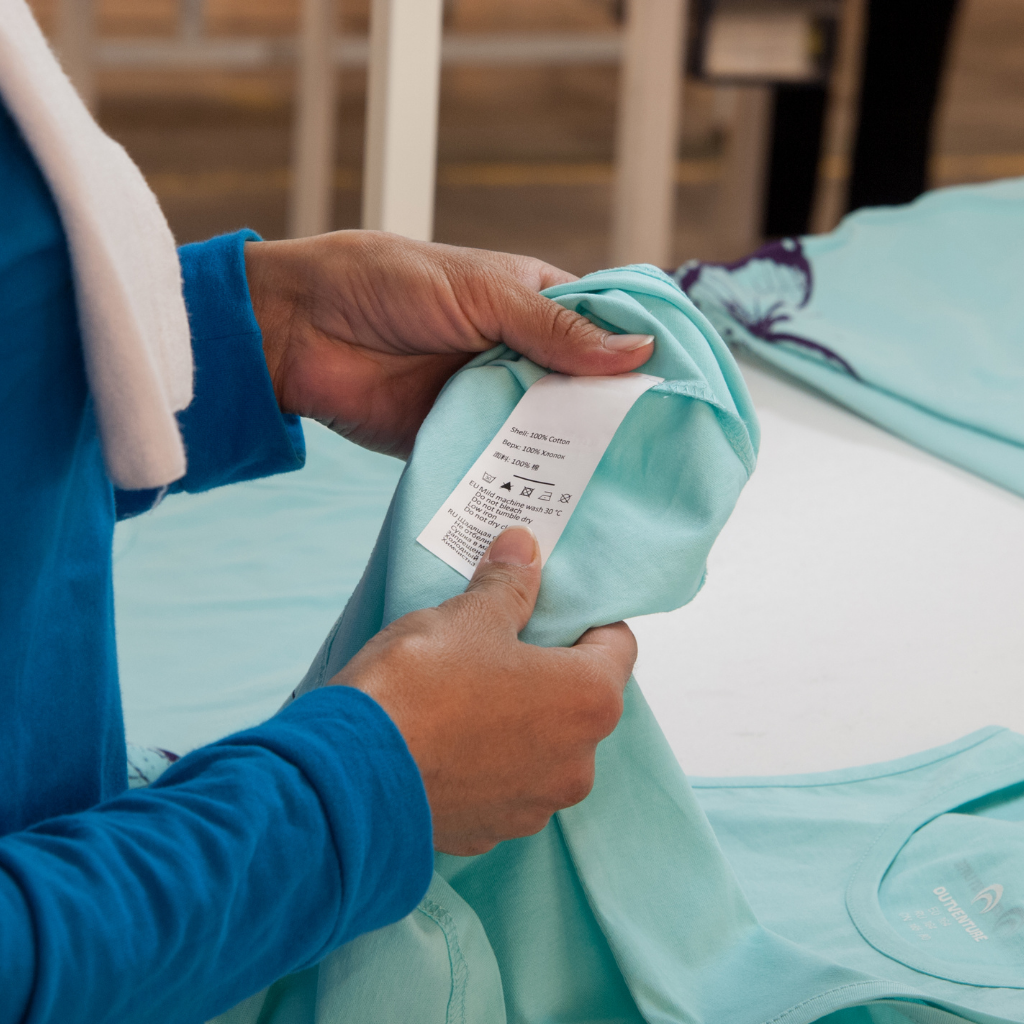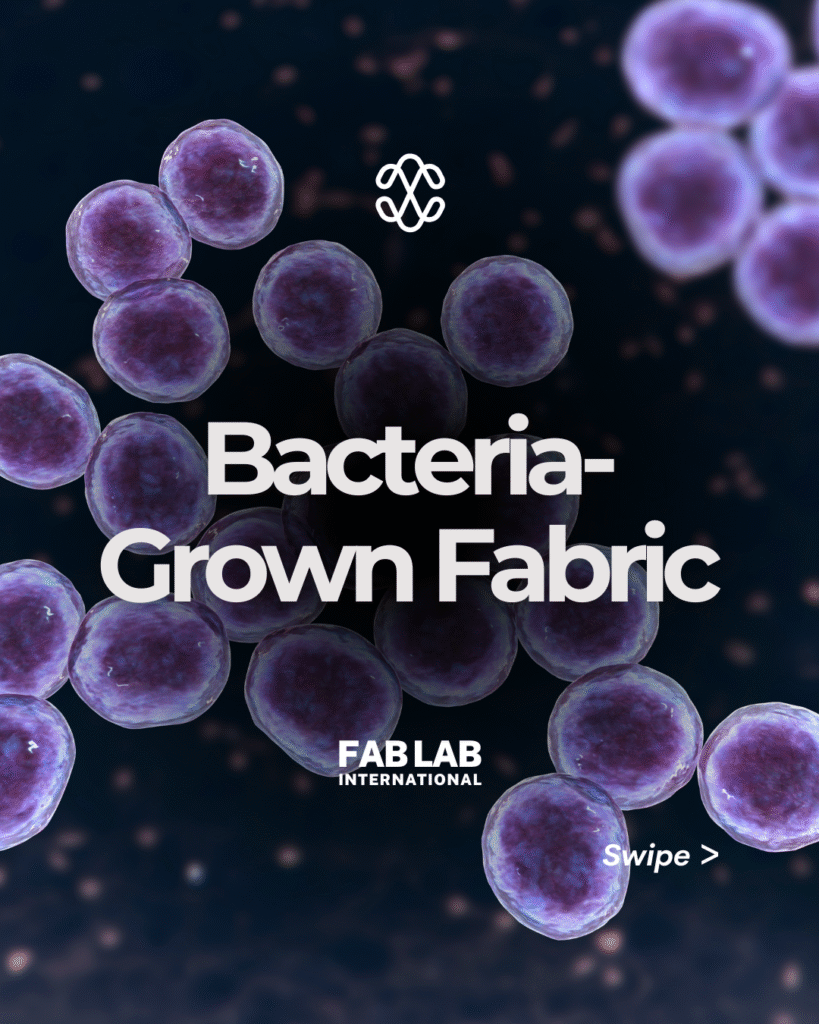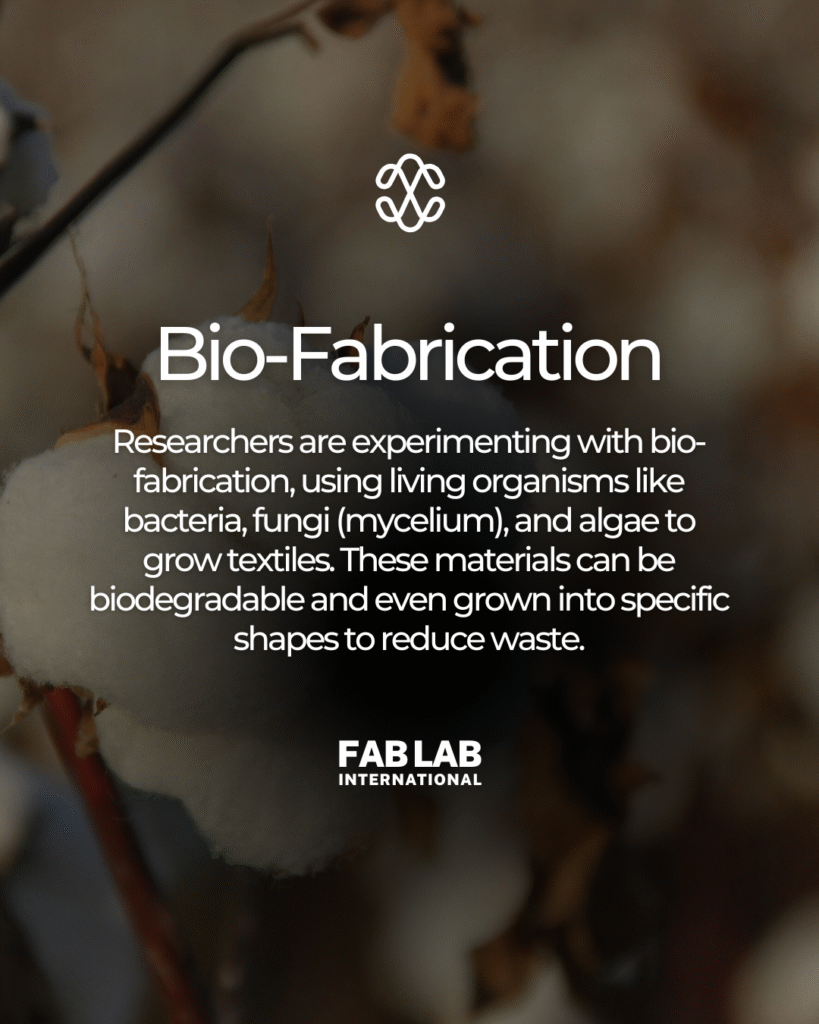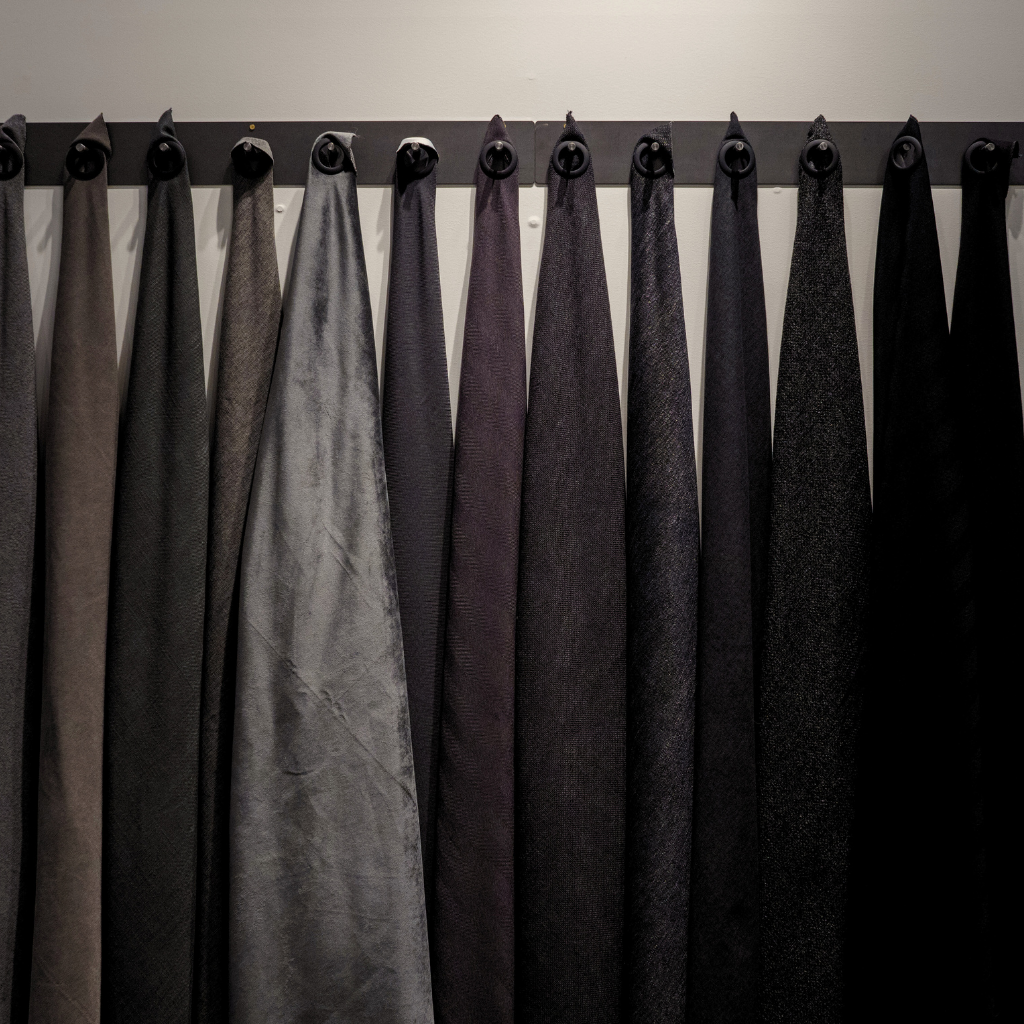No products in the cart.
Green Sourcing
Sustainable & Certified Fabrics
Your Trusted Source for Sustainable & Certified Fabrics; Ethical Eco-Friendly, Traceable
The global textile industry, while a vital economic engine, faces significant environmental and social challenges. Textile production has nearly doubled over the last two decades, reaching almost 100 million metric tons in 2020, largely fueled by the relentless pace of fast fashion. This rapid consumption cycle leads to massive quantities of unwanted products being discarded, with the majority ending up in landfills or incinerated.
Why Sustainability Matters?
The global textile industry, while a vital economic engine, faces significant environmental and social challenges. Textile production has nearly doubled over the last two decades, reaching almost 100 million metric tons in 2020, largely fueled by the relentless pace of fast fashion.8 This rapid consumption cycle leads to massive quantities of unwanted products being discarded, with the majority ending up in landfills or incinerated.88
The industry is a major polluter, estimated to be responsible for about 20% of global clean water pollution from dyeing and finishing processes, and contributing significantly to greenhouse gas emissions. The release of microplastic fibers from synthetic garments during washing is also a growing environmental concern, accumulating in oceans. Beyond environmental impacts, the global pursuit of low production costs has often led to reduced supply chain transparency and severe negative social impacts on the workforce, including concerns over unsafe working conditions, low wages, and potential labor exploitation. At Fab Lab International, these critical issues are recognized as fundamental challenges to the industry.
The commitment to sustainability is not merely a trend; it is a profound business imperative and a core value driving every aspect of operations, from R&D to sourcing and production. Fab Lab is dedicated to being a part of the solution, fostering a transition to a more circular and responsible economic model for textiles.
Your next big idea is a conversation away.
Contact us and start building a smarter, more sustainable future for your brand.
Follow us on @fablabinternational







